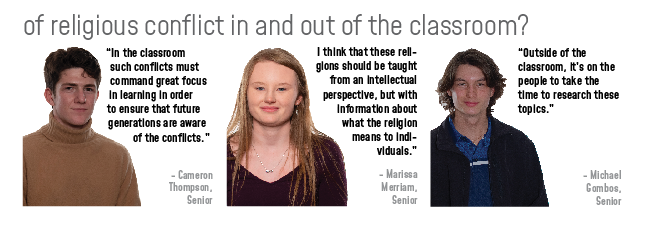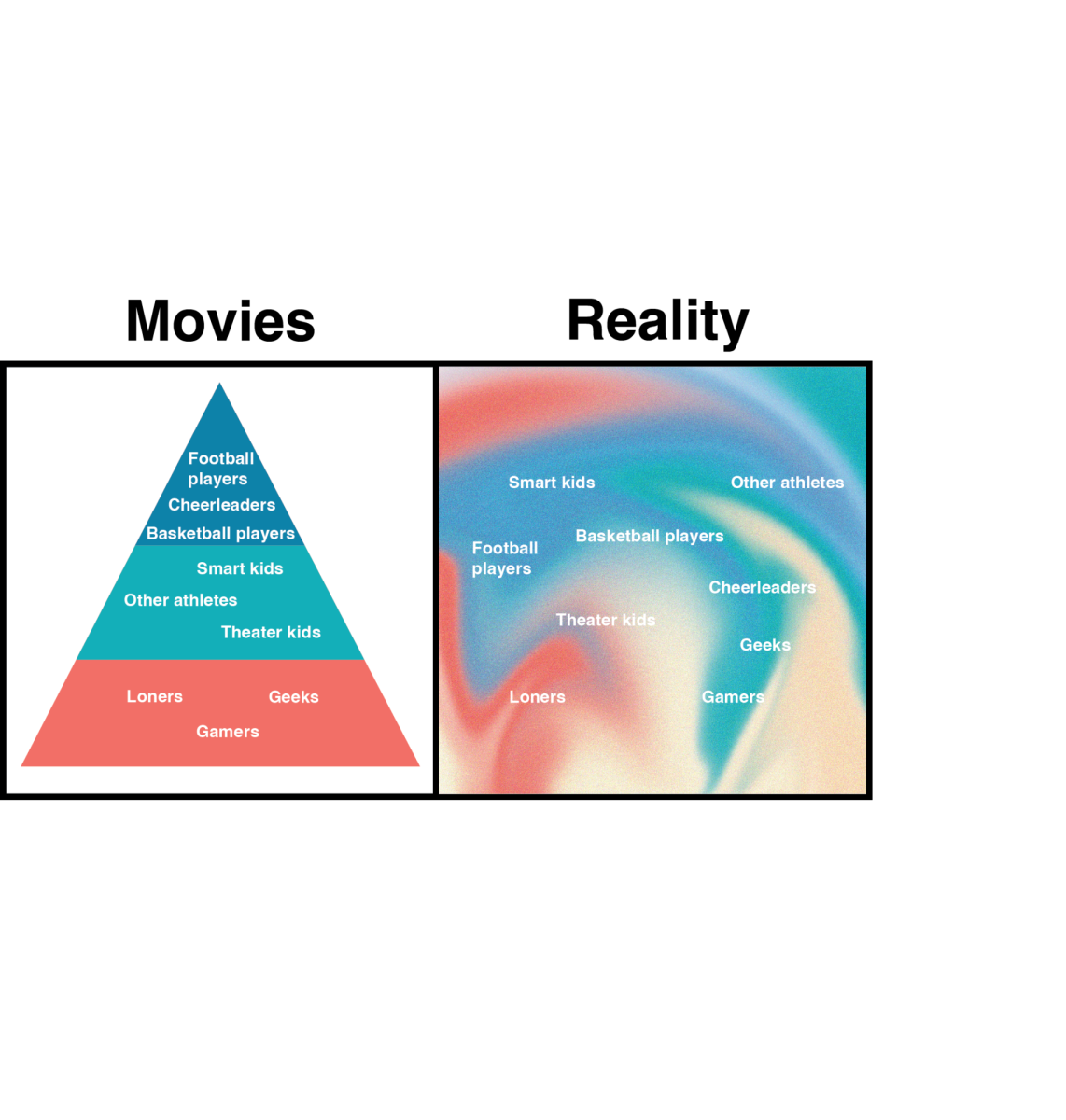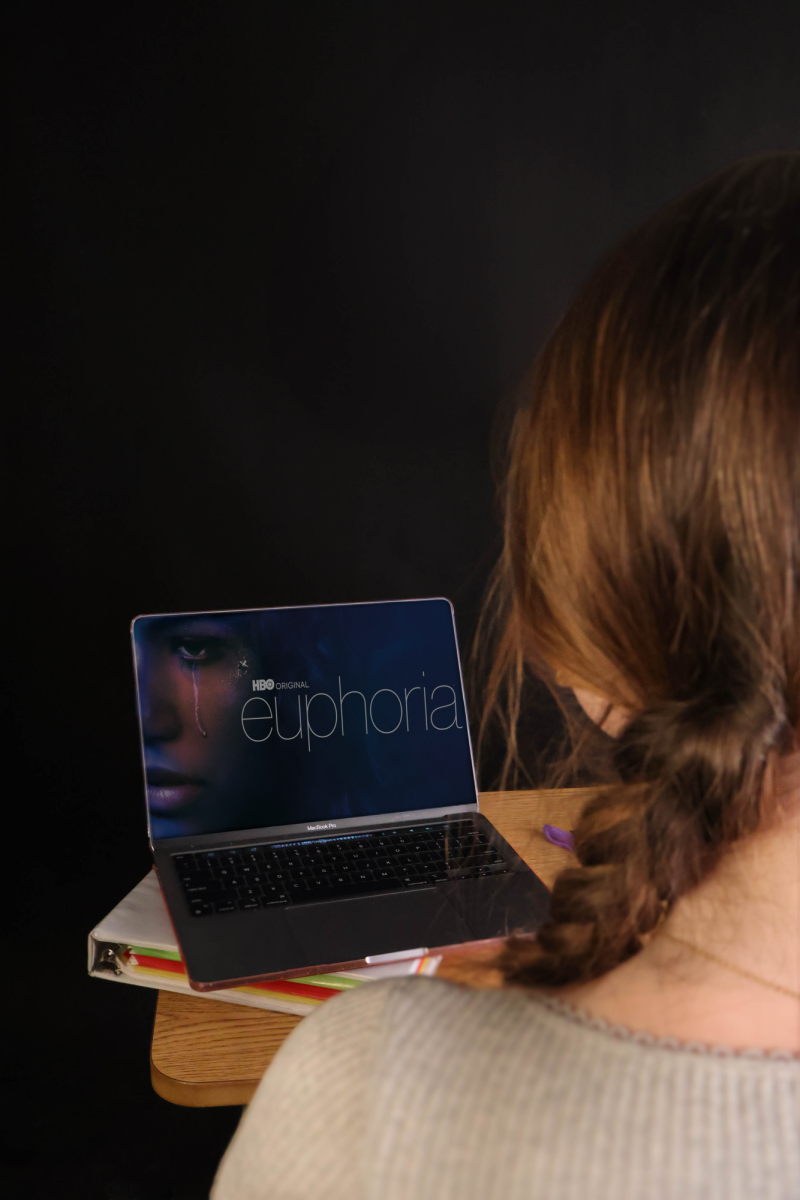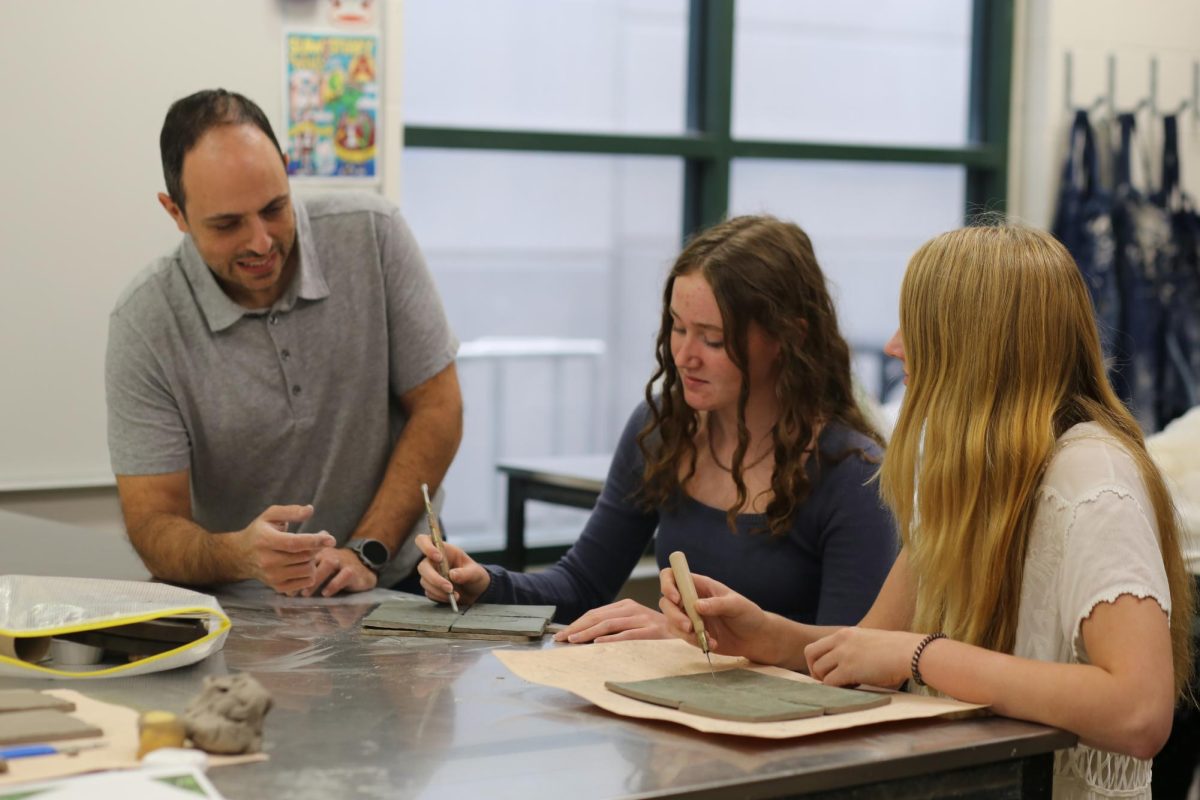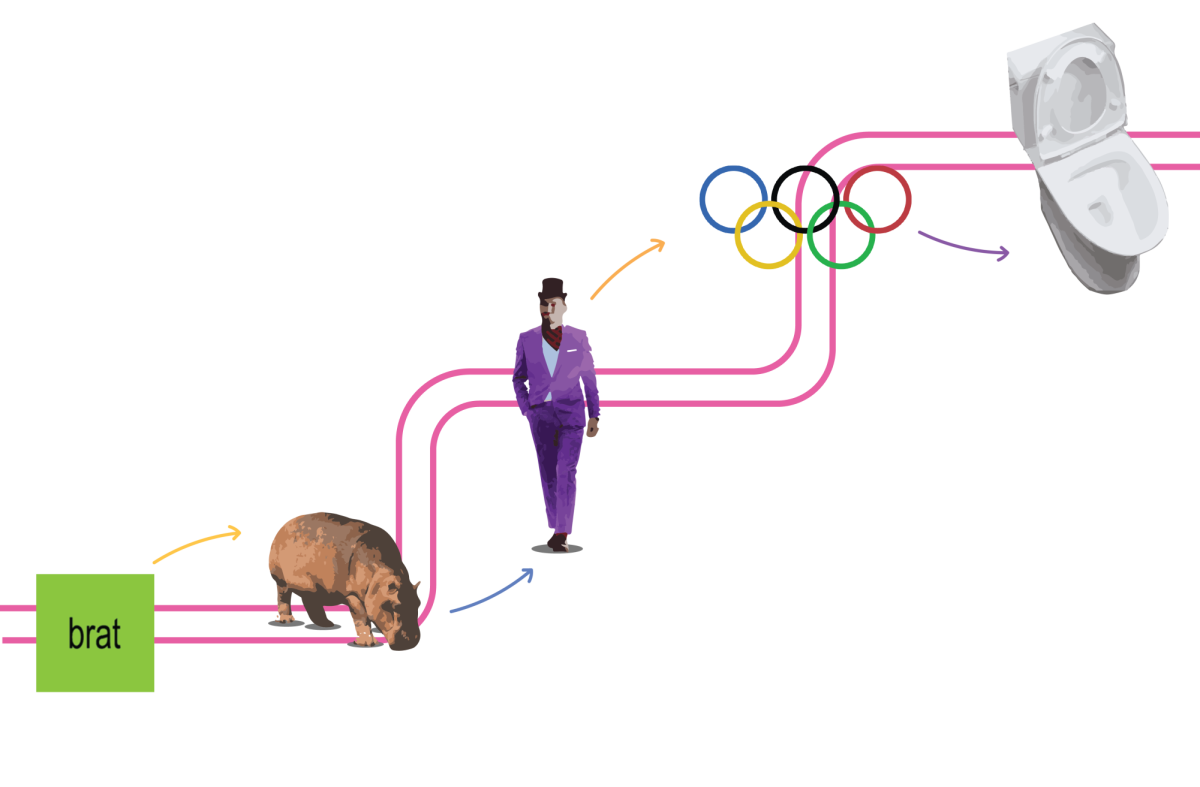Chapel has become a trademark event for every Saint’s Thursday. Students are also able to take religion classes to expand their knowledge. For example, senior Bhrajit Thakur took World Religions this past year.
“Teaching religion gives students an opportunity to interact [and be invested] with foreign cultures and understand another way of life,” Thakur said. “[On the other hand], teaching religion could possibly alienate [some] students.”
With such a diverse student body, freshman Jack Veveris believes there is some religious representation but it should be expanded on. Thakur, however, believes that Trinity does a good job focusing on the Episcopal Church in chapel and understanding students may have other spiritual beliefs.
With the decreasing trend of religious affiliation in America, it is difficult to show its importance in the classroom.
“If schools want to prepare the next generation in this increasingly interconnected world, I think [religion] should be taught, not enforced,” Thakur said. “Trinity’s current approach keeps a welcoming environment”
Religion classes can also be a useful tool in spreading awareness about modern-day religious conflicts, something Ververis and Thakur think Trinity students are not versed in. Recently, contrasting faiths and ideals have instrumented the growth of new religious hostilities across every continent, except in the Americas. This discrimination is observed against every major religious group. Trending religious wars such as Israeli-Palestinian and Rohingya are unknown to most students, but Ververis and Thakur have done the research.
As a recent middle schooler, Ververis compares how religious conflicts are approached in middle school and high school. He said that the only time it was ever touched on was in sixth grade with quarterly Current Event projects, but other than that there has been little discussion, especially in modern terms.
“We definitely need to integrate more stuff about these conflicts into our curriculum at Trinity, especially for the younger students so that they understand more of what’s going on in the modern world as they learn the history behind it,” Veveris said. “Making sure students have that knowledge is key.”
“Religion is a uniting factor which makes it an integral part of our curriculum,” Social Science Teacher Andrea Sockwell said. “Studying various ones in class allows us to realize how similar they are which brings us together.”
Thakur is also well-educated in modern conflicts but says all his knowledge comes from outside the classroom. He does his research by reading the news and think tanks for Forensics. His favorite source is Global Conflict Tracker. It provides readers with brief, yet specific summaries of pressing global conflicts. He says that with religious conflict becoming a repeated headline, awareness needs to be spread.
“I think schools should encourage students to read about current events and have them as part of the history curriculum,” Thakur said. “Incorporating current events would allow students to be exposed to religious conflicts as well as other [matters] around the world.”
What happens in the classroom impacts the decisions we make in the future.
“These religious conflicts aren’t going to stop unless the community comes together to solve them, and that starts here in the classroom,” Ververis said. “Properly teaching religion can educate students on their world and the people and ideas that shape it. It gives perspective on the past and present.”




